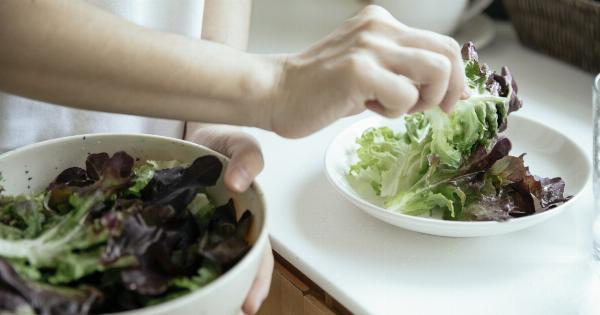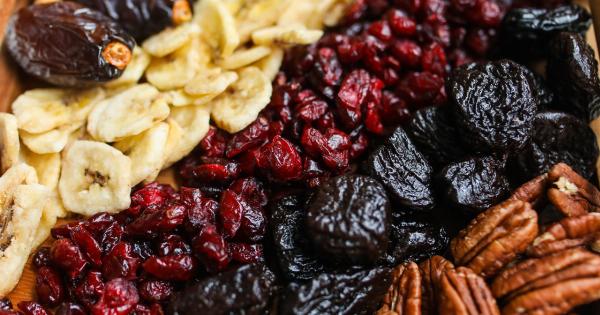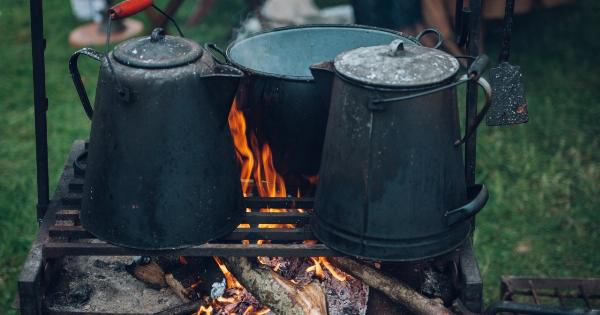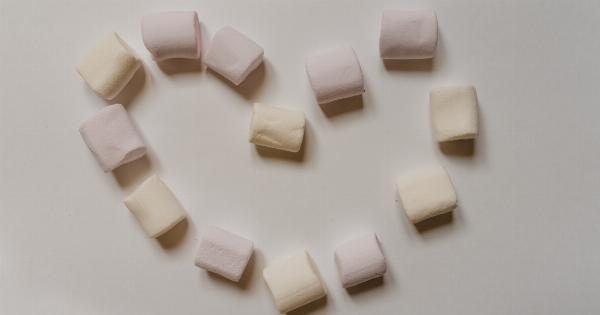Iron is a vital mineral that plays a crucial role in the human body. It is an essential component of hemoglobin, a protein responsible for carrying oxygen from the lungs to the rest of the body.
Iron is also essential for energy production and immune system function. Therefore, it is essential to consume a diet rich in iron to maintain optimal health. This article will explore foods high in iron that you can include in your diet to achieve better health.
1. Red Meat and Poultry
Red meat and poultry are some of the best sources of dietary iron. Beef, lamb, and pork contain heme iron, which is the most easily absorbed form of iron by the body.
Chicken, turkey, and duck also contain small amounts of heme iron, but most of their iron content comes from non-heme iron, which is not as easily absorbed.
2. Seafood
Seafood is also an excellent source of iron. Shellfish, especially oysters, contain high amounts of heme iron. Other seafood sources of iron include clams, mussels, and sardines. Non-heme iron is also present in fish such as salmon and tuna.
3. Legumes
Beans, peas, and lentils are an excellent source of non-heme iron, making them an ideal food for vegetarians and vegans. These plant-based foods are also rich in fiber, protein, and other essential nutrients.
Some of the best legumes for iron include chickpeas, kidney beans, lentils, and soybeans.
4. Vegetables
Green leafy vegetables such as spinach, kale, and collard greens contain plenty of iron. Other iron-rich vegetables include broccoli, asparagus, and Brussels sprouts.
Non-heme iron is present in these vegetables, which is less easily absorbed by the body than heme iron. However, consuming these vegetables alongside vitamin C-rich foods can significantly improve iron absorption.
5. Nuts and Seeds
Nuts and seeds are another excellent source of non-heme iron. Almonds, cashews, and pine nuts are particularly rich in iron. Sunflower seeds, pumpkin seeds, and sesame seeds are also great sources of iron.
Besides iron, nuts and seeds are also rich in healthy fats, fiber, and other nutrients.
6. Iron-Fortified Foods
Iron-fortified foods are products that have had iron added to them, making them a convenient way to meet your daily iron requirement. Iron-fortified cereals, bread, and pasta are widely available at most grocery stores.
However, it is important to check the label and choose products that contain natural sources of iron rather than synthetic forms of iron such as ferrous sulfate.
7. Dried Fruit
Dried fruit is another food high in iron. Raisins, apricots, and prunes are particularly rich in iron and are an excellent snack food to boost your iron intake.
Dried fruits are also rich in fiber, antioxidants, and vitamins, making them a healthy addition to any diet.
8. Red and Purple Fruits
Red and purple fruits such as strawberries, raspberries, and cherries contain a type of iron that is easily absorbed by the body. These fruits are also rich in vitamin C, which enhances iron absorption.
Apart from iron, these fruits are also rich in antioxidants and other essential nutrients.
9. Meat Alternatives
There are several meat alternatives that are rich in iron, such as tofu and tempeh. Both of these soy products contain high amounts of iron, protein, and other essential nutrients.
Other meat alternatives are meatless burgers and sausages, which are often made with iron-rich ingredients such as lentils and beans.
10. Herbs and Spices
Herbs and spices have a wide range of health benefits, and some of them are also rich in iron. Cumin, oregano, thyme, and cinnamon are some of the best iron-rich herbs and spices.
Adding them to your meals can help increase your iron intake and also add flavor and aroma.
Conclusion
Iron is a vital mineral required for optimal health, and including iron-rich foods in your diet is crucial.
Red meat and poultry, seafood, legumes, vegetables, nuts, and seeds, iron-fortified foods, dried fruit, red and purple fruits, meat alternatives, and herbs and spices are excellent sources of iron. Incorporating these foods into your diet will help ensure that you are getting enough iron to support your overall health.






























